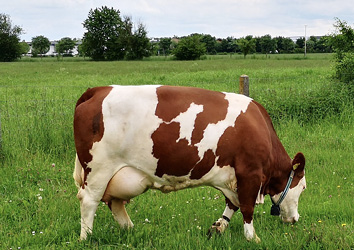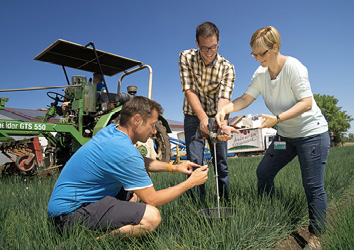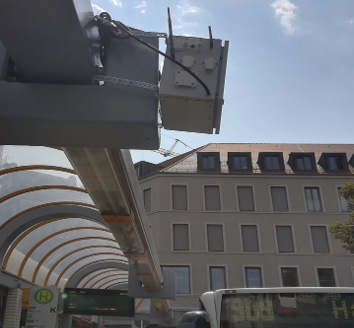Pioneering collaboration in the FutureIOT center of excellence
The FutureIOT research project, which was funded by the Bavarian Research Foundation for three years, has come to a close. The goal of the project, which had been run since 2018 by a group of scientific institutions and companies comprising over 40 partners, was to search for innovative solutions for the use of the Internet of Things (IoT) in cities and in the countryside. It involved the intelligent networking of technologies from the fields of communications, sensor technology, positioning, information security and IoT platforms.



